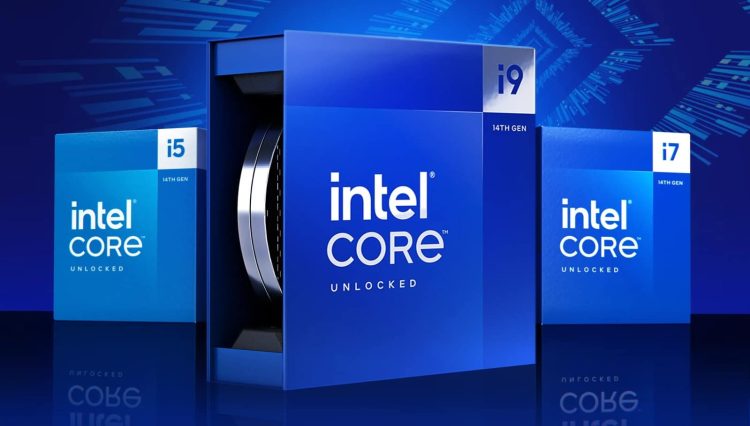Things in the tech industry are weird lately. Melting connectors, dangerous XMP profiles, updates that might render your rig unusable, etc. Well, they were never flawless, of course. Once again, Intel is in the spotlight, but not for a good reason. Since February, crashes have occurred due to malfunctioning of some high-end Intel processors. At least, it has been proven to be their fault until now.
Moreover, it was reported that the solution was to set these processors according to Intel’s official power limits. Intel stated that it would investigate the reported issues further. Until now, there has been no official Intel statement regarding these issues. Except for only one quote, it is the motherboard vendors’ fault because they run the processors outside Intel’s official specs. Some well-regarded tech YouTubers even concluded that, due to this, the processors degrade faster than they should. I can’t prove their point, though. In theory, it might be possible, but it would also consist of other factors. And I can’t know how fast this degradation came in such a short time with the reported problems. So, I can only wonder why and how. I don’t know the solution, but I can’t help wondering about these:
- Why did Intel conclude that it was the motherboard manufacturer’s problem? For years, the vendors have pushed the high-end Intel chips to their limits to juice them up, just as a matter of performance in numbers. The latest generation of chips is already factory-pushed to their limits, so sometimes undervolting is a better solution than overclocking them. Now, has Intel remembered its unclear specification? And if so, why should the end-user prefer a K processor over a non-K one? I think that, somehow, all this loses its meaning.
- If a processor should run according to its official specs, then even XMP is prohibited. And as far as I know, the IMC is also prone to failure.
- How did it come to be that the solution is to run these chips on their official values? It sounds like a stability issue, and it wasn’t reported only for overclocked processors.
- Why are some games malfunctioning and crashing, as the first reports claimed?
- The latest chips have inadequate IHS, I have to add.
- They are power-hungry, and thermal management is challenging even for the top cooling solutions.
- Considering all the above, it sounds like terrible design decisions by default.
- Is the stiff competition from AMD the reason? Did Intel try too hard to win the performance crown and overlook some critical flaws?
- Is the degradation actual, or do we only like the drama?
- If the degradation is real, how will Intel deal with it?
- The performance decrease with the limits enabled is considerable.
- May the OS (maybe poor CPU cores management optimization?) or some settings, even of a game, be accountable? Can it be mainly a software issue rather than a hardware one?
- I have owned an i7 13700K for over a year and didn’t notice anything related to hardware malfunction but rather Windows issues (10 and 11). I tried the default motherboard settings (4096 power limits) and Intel official limits, but there was still no hardware-related issue. My mainboard is an MSI MAG Z790 DDR5 WiFi paired with a 2×32 GB/6000 MHz RAM kit on XMP, occasionally overclocked. 13700K was one of the first to be reported for stability issues, though it seems mostly like an i9 series issue. I only have to add the poor thermal performance under stress (with a capable 360 AIO) combined with high power consumption, which is a well-known issue with the 13th and 14th gen high-end chips.
- Will a motherboard update be adequate?
As I mentioned, I don’t know the solution or how all this will go. I can only wonder. This is not the first time, and probably not the last, that a problem would trouble the tech community. If a problem appears, we can’t only judge how big it is but also how well it will be addressed. Intel stated that we will have a clear picture of these issues by May. Until then, the best we can do is to wait and probably set our chips to their official values. You never know, but better be safe than sorry. We will update this article when more information is available. So, stay tuned.



